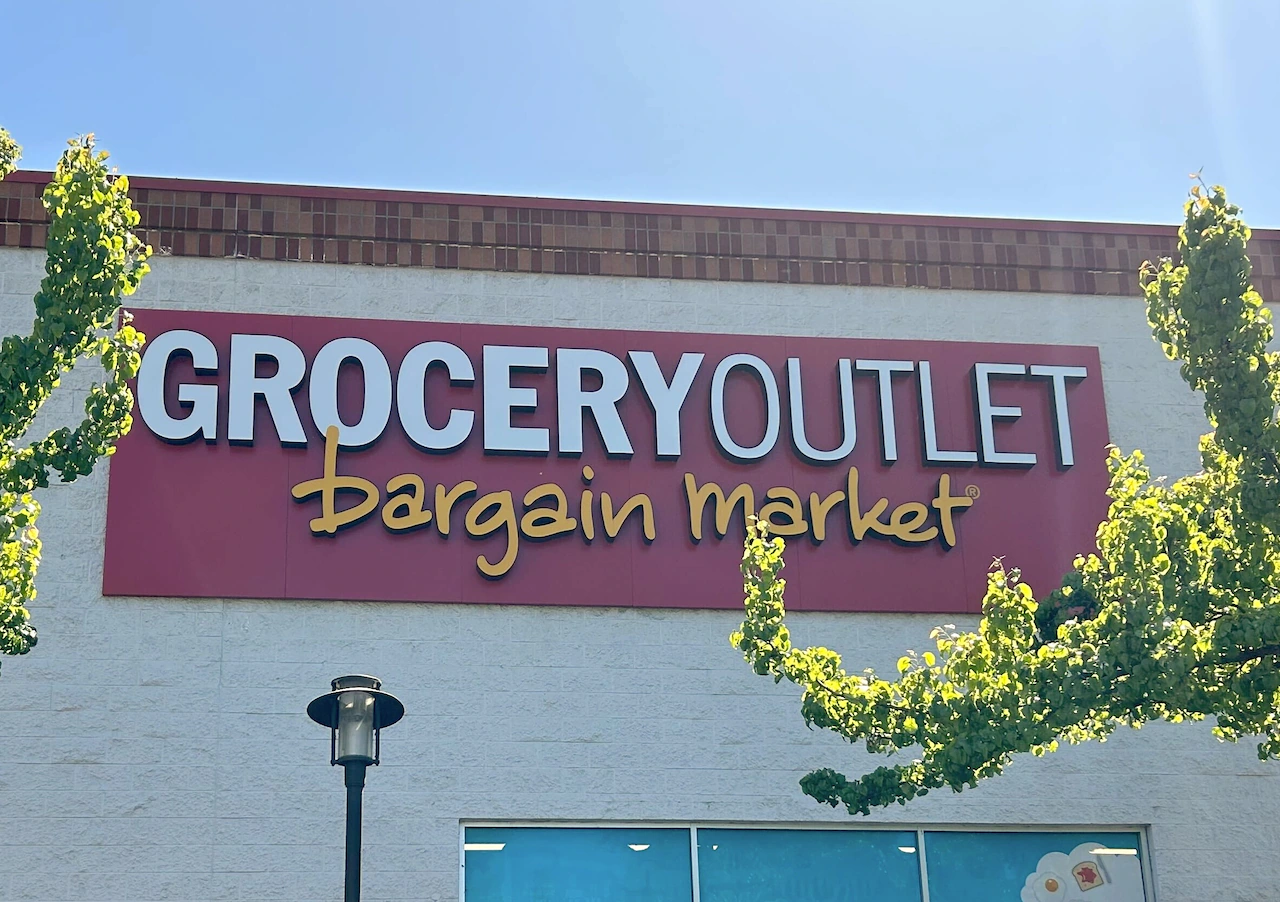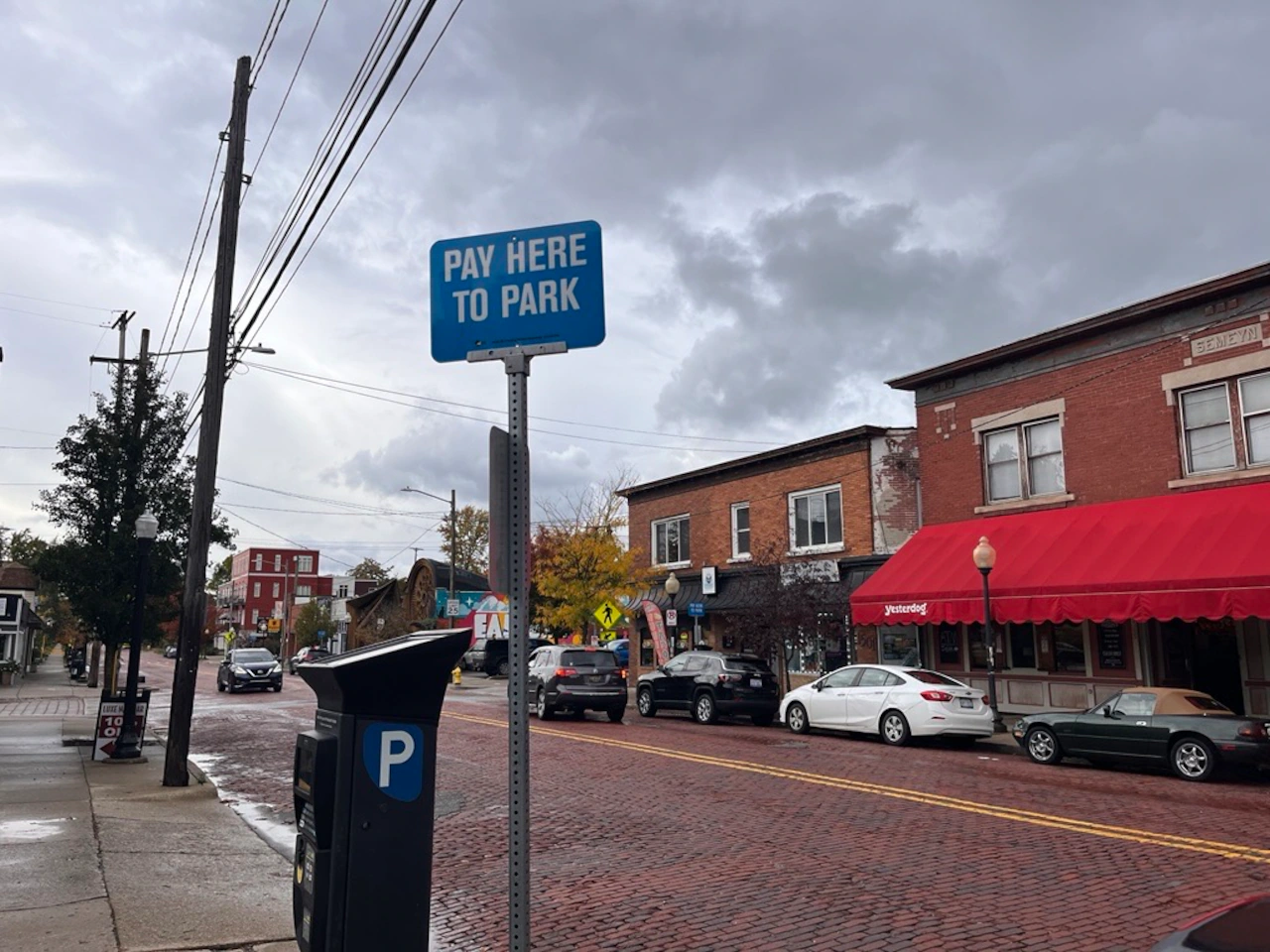Copyright The Oregonian

When grocery store owners Mike and Dani McGinty learned last week that the feds were putting the kibosh on their plans to help hungry Oregon families reeling from the government shutdown, the couple took a leap of faith. The McGintys, who own the McMinnville Grocery Outlet, tried to offer a 10% discount to all SNAP recipients whose food-assistance money had been frozen. But when the feds told them no, they came up with a go-around: Extending the offer to all customers. “Now there’s a catch to it, and I need your help as a community,” Mike McGinty announced in an Oct. 31 video posted to Facebook. “If you do not need a discount, please do not ask for it.” But if you do, “Take it. Ask for it.” Six days into the offer, McGinty told The Oregonian/OregonLive Thursday that the honor system appears to be working. More than 200 customers have used the discount so far — with the overwhelming majority, he suspects, SNAP recipients or people who are otherwise struggling financially. The McGintys are among at least three Oregon grocers — all individually owned Grocery Outlets, the other two in Lincoln City and Roseburg — who attempted to shave 10% off the purchase prices for people enrolled in the Supplemental Nutrition Assistance Program (SNAP). But the grocers were also among tens of thousands nationwide whom the U.S. Department of Agriculture notified last week of the program’s “Equal Treatment Rule” prohibiting discrimination. The rule states that charging SNAP recipients anything other than the price charged to their overall customer base could result in their removal from the program. In other words, if their stores charge this select group cheaper prices, they would no longer be able to accept the SNAP debit cards that in Oregon are loaded each month with an average of $176 per recipient. Each set of the three Oregon owners, however, navigated around the restriction to help food-insecure residents. The owners are among a league of Oregonians who are helping stem an unprecedented SNAP crisis — from restaurant operators who are serving up free meals, to community members who are donating to local food banks, to local governments that are expediting cash. The crisis has been brought on by the federal government shutdown that began Oct. 1. By Nov. 1, money in the usual fund that supports SNAP had extinguished and the federal government announced it was putting a halt to November’s payments, affecting about 757,000 Oregonians and 42 million Americans. It’s the first time that has happened in the history of the 61-year program, which was first referred to as food stamps. Meanwhile, the shutdown surpassed 34 days on Wednesday, becoming the longest in U.S. history. Two judges last week ordered the Trump administration to tap other emergency or contingency funds to at least partially recharge SNAP cards. Thursday, one of those judges ordered the administration to pay full benefits, but federal lawyers immediately said they’d appeal that ruling. It’s unclear when the money will start flowing. President Donald Trump posted to Truth Social earlier in the week that “SNAP BENEFITS … will be given only when the Radical Left Democrats open up government.” But a White House spokesperson later said the Trump administration would pony up the cash. There’s much uncertainty about what’s to come. About one in six Oregonians benefits from the federal food assistance program. McGinty said he announced on his store’s Facebook page Oct. 20 that he and his wife planned to give a 10% discount to SNAP recipients in November. The owners of the Lincoln City and Roseburg stores soon followed with their own announcements. So did Grocery Outlets in the Spokane-area of Washington and in Concord and Pleasant Hill in California. McGinty, who heard about the other stores’ efforts in an online forum of owners, doesn’t know of any other grocery chains that also have tried to give SNAP recipients a break. The Oregonian/OregonLive asked the USDA if it’d heard of other stores but received an automatic reply stating that answers to questions may be delayed due to “staff furloughs resulting from the Radical Left Democrat shutdown.” “A big part of the stores being locally owned, I just have a ton of autonomy to do what I want,” McGinty said of his decision to offer a discount. “Versus your typical grocery chain, there’s a lot you’ve got to run up the flagpole. There’s a lot of bureaucracy.” Richard Miller, who owns the Lincoln City Grocery Outlet with his wife, Jenni, said he was originally “perturbed” that the Department of Agriculture wouldn’t let their store reduce the overall price at checkout for SNAP recipients. He thought the federal rule of charging SNAP enrollees the same as everyone else was to prevent retailers from jacking up prices for people paying with federal food dollars, not from granting a discount. Miller said the federal rules don’t make much sense to him in other ways, too. “They say you can’t single SNAP participants out,” Miller said. “But by (state) law, we have to charge for bags. But if you show that you’re a food stamp recipient, we can’t charge for bags. So in my mind, that’s singling them out.” Offering the discount is not without its financial risks in an industry known for slim profit margins. McGinty said a 10% markdown means selling groceries at a loss. Both the McMinnville and Lincoln City stores set a $5,000 limit on how much they’d be in the hole by offering the discount. Like the McGintys, Richard Miller said he believes most customers are only asking for the discount if they’re truly in need. Miller said customers have used about $500 of the $5,000 set aside at his Lincoln City store. McGinty said customers have used about $1,000 of the $5,000 at his McMinnville business. Steve Burton, who owns the Roseburg Grocery Outlet with his wife, Kelly, said when he found out he couldn’t offer SNAP recipients 10% off, he sought an exemption but learned that a process that might normally take hours online had turned into a paper process that might last 60 days. So he decided to print 1,000 10% off coupon cards that are good at his store in November. Starting Monday, the FISH Food Pantry began distributing them to anyone who showed up to the food bank, Burton said. “There’s no income requirements or location requirements. Nothing like that,” Burton said. “If you’re hungry, you can go there and they can hook you up.” He said a few coupon cards have already been trickling in. The efforts of the three stores have drawn widespread thank yous online and in person, with customers telling employees at the stores what this means to them. Miller, the co-owner of the Lincoln City store, said customers who have the means have donated about $2,000 in gift cards and groceries to the store, to pass along to the local food bank in the week since he announced the discount. “People started coming in that day saying, ‘Can I buy a gift card?’ and ‘Can I donate this food?’” Miller said. “My wife and I have actually been extremely overwhelmed, if that’s the right word, by the generosity that has come through.”



